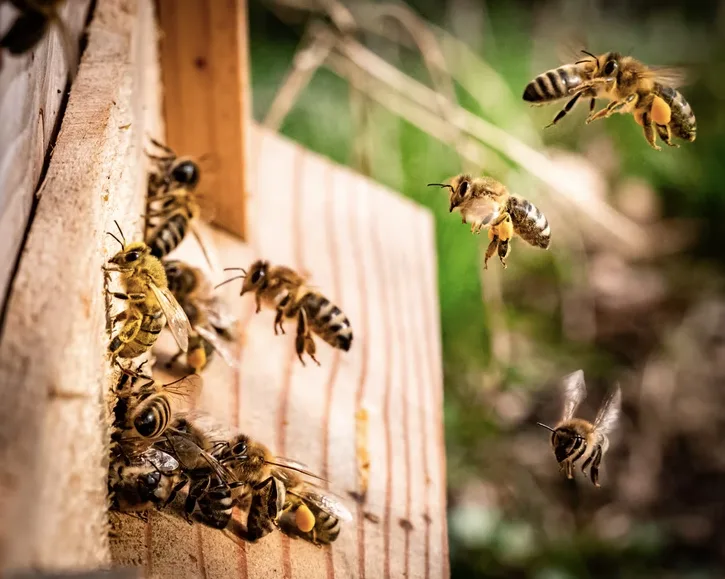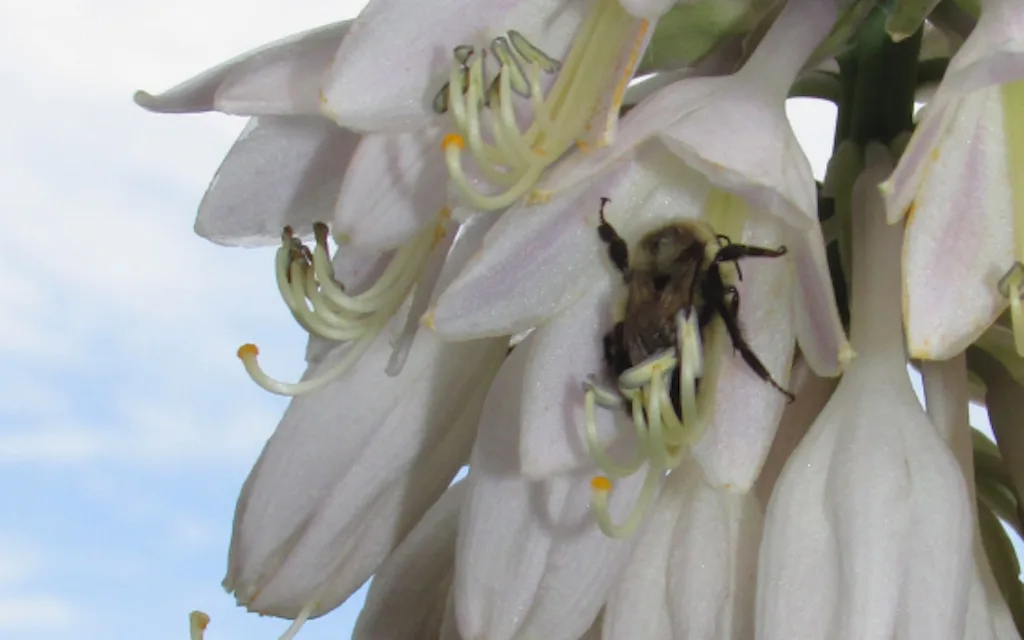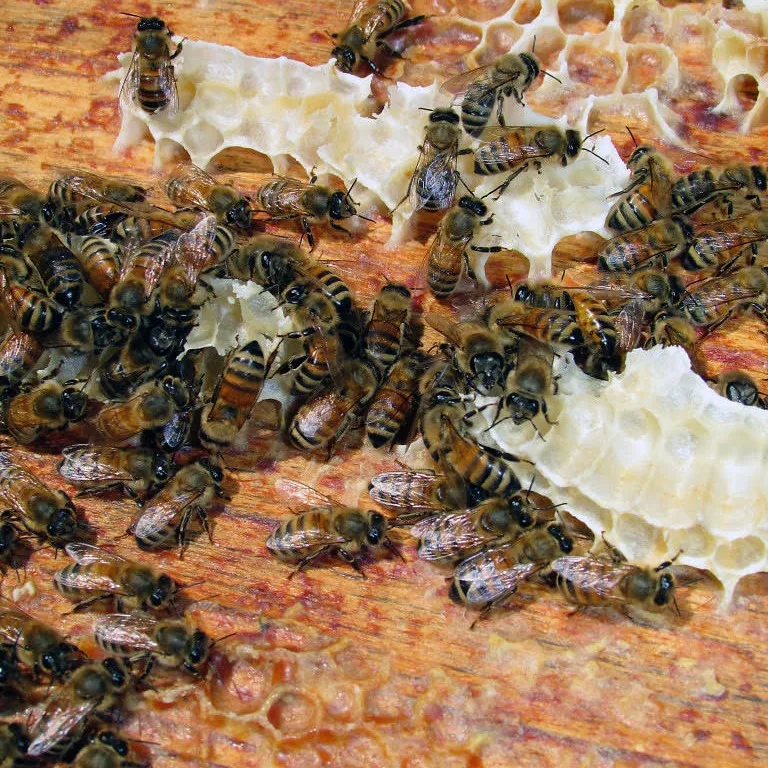
World Bee Day shows how to get motivated by nature to 'nourish us all'
People are encouraged to bee inspired by nature to nourish us all this year on World Bee Day on May 20 as a way to raise awareness of the vital role the pollinators play
The economic, biodiversity and food security value bees and other pollinators provide humans with every year is the focus of this year's theme for World Bee Day.
SEE ALSO: Honeybees can pose a threat to wild bees, here's how
Designated by the United Nations (UN), World Bee Day on May 20 raises awareness of the importance of pollinators, the threats they face and their contributions to sustainable development and global ecosystems.
The theme for 2025 is Bee inspired by nature to nourish us all, which highlights the key roles of bees and other pollinators in ecosystem restoration, biodiversity conservation, and food security and nutrition.

Mason bee. (Getty Images/Henk Wallays/2197184343-170667a)
"Our world would be a very different place without bees and other pollinators! These amazing creatures are vital to our existence, and we owe them so much. Without pollinators, our diets would be very different, and so would our agriculture and biodiversity," said the Food and Agriculture Organization of the United Nations (FAO), in a news release.
Pollinators are threatened by numerous sources
While climate change, pollution and pesticide use have been linked to the drop, habitat loss is a significant, contributing factor to the decline of bees, especially wild species.
Dropping pollinator populations can have serious ramifications for food production and security, especially for rural areas. Bees and other insects are responsible for pollinating at least one of every three bites of food people eat.

Bumblebee. (Nathan Howes/The Weather Network)
According to the FAO, pollination supports the production of more than 75 per cent of the world's crops, including fruits, vegetables, nuts and seeds. Besides raising crop yields, pollinators enhance food quality and diversity.
FAO noted 87 out of 115 of the world's leading food crops are pollinated by insects.
"Their cyclical presence or absence signal changes that affect the entire ecosystem, for instance," said FAO.
Call to action
As part of World Bee Day, the UN is calling on beekeepers, pollination experts, researchers, policy makers, Indigenous Peoples, industry representatives, civil society organizations and individuals to make a difference by engaging in the following steps.
Raise awareness: Disseminate information on the importance of bees and other pollinators to food security and nutrition, and environmental sustainability.

Honeybees. (Nathan Howes/The Weather Network)
Foster collaboration: Establish a Friends of Bees and Pollinators network to drive global and local action.
Promote nature-positive and agroecological approaches: Advocate for pollinator-friendly practices and policies at national and international levels.
Showcase creativity, traditional knowledge and innovations: Highlight outputs of groundbreaking research, Indigenous Peoples’ knowledge and practices for the conservation and sustainable use of pollinators, and sustainable beekeeping initiatives that support communities and livelihoods.
WATCH: Researchers discover queen bees have a secret superpower
Thumbnail courtesy of Unsplash.
